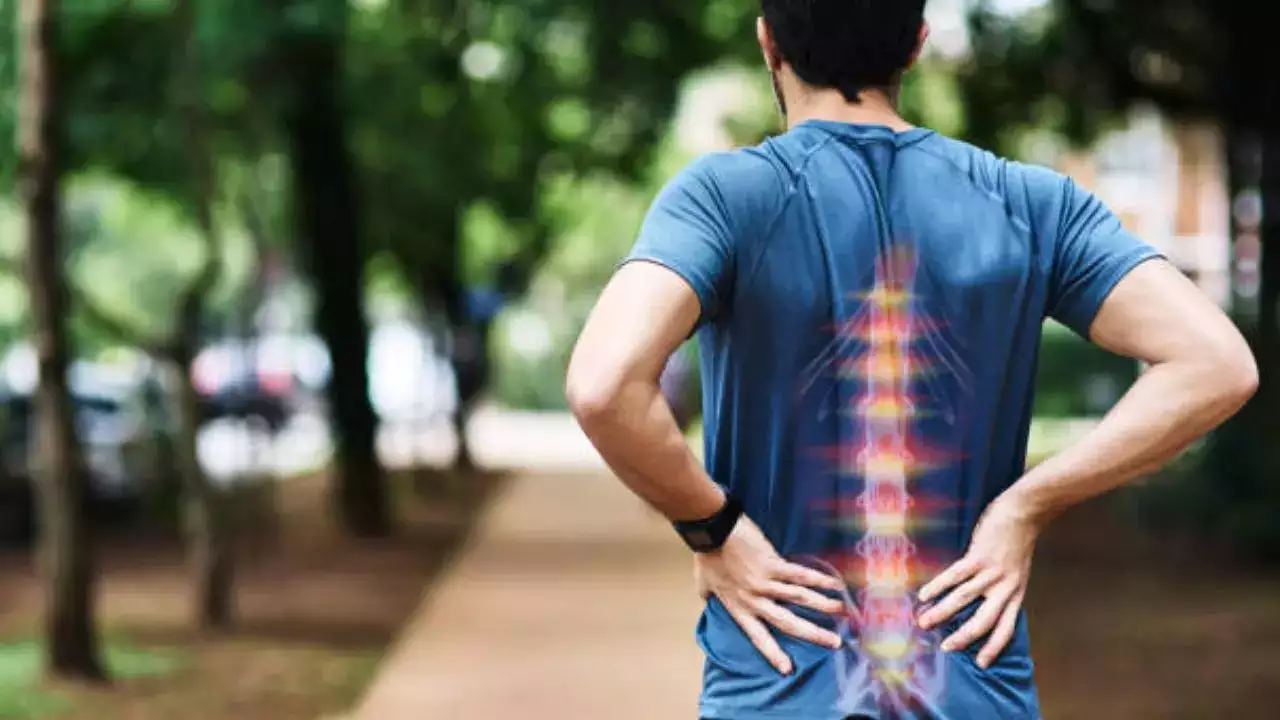
Is Your Skeleton Ageing Faster Than You? 5 Signs Your Bones Need Help (Image Credits: iStock)
As we age, it's natural for our bones to change, becoming weaker and more prone to fractures. But here's the good news: with the right knowledge and some proactive steps, you can keep your bones strong and reduce age-related risks. Bone loss is a gradual process where bones lose density and strength over time. This happens because our bones are constantly renewing themselves in a cycle of breakdown and formation. As the years pass, this balance can shift, leading to bone loss. Women, especially post-menopause when estrogen levels drop, are more at risk—but men aren’t safe either. So what should you do?
We got in touch with Dr Ashis Acharya, Senior Consultant Orthopaedics and Sports Medicine unit, Sir Gangaram Hospital New Delhi who explains early signs and essential tests you shouldn’t ignore.
Early Signs Of Bone Weakness
Dr Acharya shares that being able to recognize the signs of weakening bones is a vital way to ensure early intervention. Common symptoms include:
Frequent fractures: If fractures are occurring from minor falls or bumps, bones may be weakened.
Decreased height: The most common cause of the loss of height over time is spinal compression or vertebral fractures.
Back pain: Persistent or unexplained back pain may be due to spinal bone disorders or fractures.
Poor posture: A hunched or stooped posture may indicate weakened bones, especially in the spine.
The weakness of grip: It has been suggested that reduced grip strength can be associated with general bone health.
Key Tests You Shouldn't Ignore
The early detection of bone problems can avoid severe complications. The following are the key tests to look out for:
Bone Density Scan (DEXA Scan)
The DEXA scan is a measure of bone mineral density. It is considered the gold standard for the diagnosis of osteoporosis and for assessing the risk of fractures. This test should be given to women over age 65 and men over age 70, or earlier if there are risk factors such as a family medical history of osteoporosis.
Blood Tests
Tests for calcium, vitamin D levels, and parathyroid hormone are very important. An insufficient amount of calcium and/or vitamin D weakens the bones while disorders in the levels of the parathyroid hormone alter the metabolism of the bone.
CT Scan or MRI
Dr Acharya shares these imaging modalities, especially in cases of inexplicable backache or when fractures are suspected, detail the bony architecture very well and detect subtle fractures not apparent on X-rays.
Markers of Bone Turnover: These are blood or urine tests, specialized, which gauge the rate of bone breakdown and formation to assess bone metabolism.
How To Keep Your Bones Healthy
Dr Acharya shares some strategies that can help you keep your bones strong throughout your lifetime:
Balanced diet: Increase your intake of calcium-rich foods, which include dairy products, leafy greens, and fortified cereals; sources of vitamin D include sunlight and fatty fish.
Exercise Routinely: Especially weight-bearing and resistance exercises are necessary to reinforce one's bones and muscles.
Avoid injurious habits: This would involve limiting smoking and excessive consumption of alcohol as these are injurious to the bones.
Bone-friendly lifestyle: Prevent falls by keeping the environment safe and improving balance with yoga.
“Though inevitable, the process of bone ageing can still be managed early through its timely detection with the help of proper and timely care. You need to build up your lifestyle towards strong bones to keep bones healthy,” Dr Acharya said.
Get Latest News Live on Times Now along with Breaking News and Top Headlines from Health and around the world.
